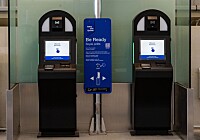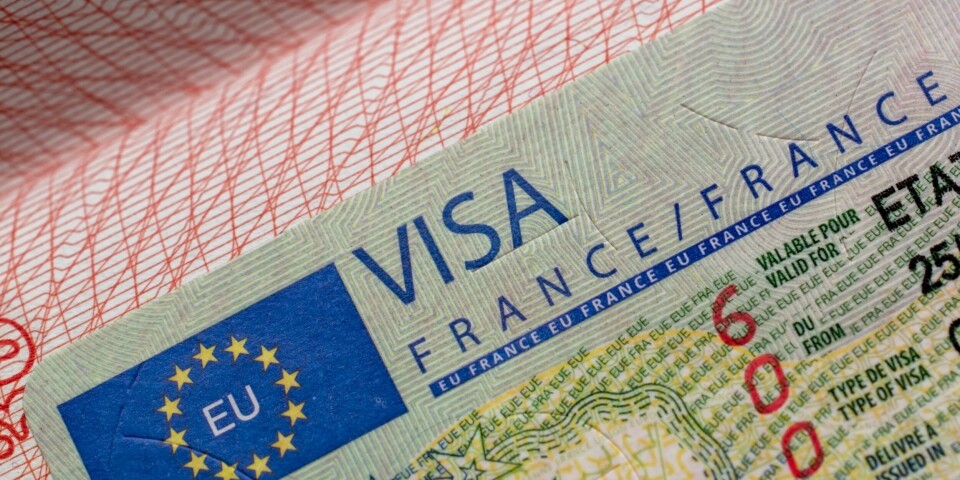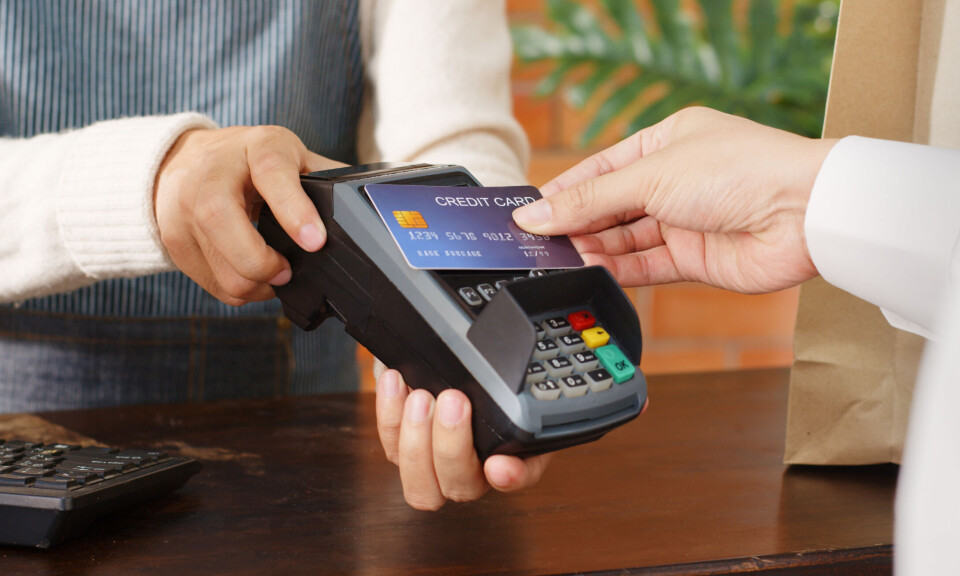Is it possible to be salaried and self-employed at the same time in France?
Anyone wishing to set up a micro-entreprise should check whether their type of business is eligible
It's fairly straightforward to set up a micro-entreprise online
Julia Amaral/Shutterstock
The simple answer is yes. Salaried employees on any type of contract (permanent, fixed-term, temporary etc) are allowed to start a micro-entreprise or self-employed business, equivalent to becoming a sole trader.
Many people are tempted by this route as it is easy to set up and can be done online, without an accountant. Micro-entrepreneurs pay income tax and social security contributions based on their turnover.
There are, however, several points worth bearing in mind if you are thinking about becoming a micro-entrepreneur.
Read more: Micro-entrepreneur status: Pros and cons of self-employment in France
Firstly, check if the business you want to start is eligible, as certain activities cannot be registered as a micro-entreprise. These include agricultural work, journalism (with a press pass), buying or selling property on a professional basis (such as property developers or estate agents), health professionals, accountants and insurance agents.
Artistic roles, such as artists or authors, who are often paid with royalties, cannot be classed as a micro-entreprise.
Micro-entreprises are generally split into either commercial or service activities.
Next, check if your employment contract allows you to start a micro-entreprise. Look out for any exclusivity clauses – this will mean you cannot be both an employee and self-employed.
The activity you want to base your micro-entreprise on must not compete with your employer, as you have a duty of loyalty to them.
You must not carry out your freelance activity during your salaried working hours. Any failure to comply could result in dismissal for gross misconduct.
A major question among employees who are thinking of taking on freelance work is how do I tackle my tax return? It is relatively simple.
You must declare income from both jobs to the tax authorities, and the income from both will be subject to income tax.
You declare your micro-entreprise earnings in the micro-BIC category if it is a commercial activity, or the micro-BNC if it is a service activity.
Micro-entrepreneurs must earn less than €188,700 excluding tax annually for a commercial activity and less than €77,700 excluding tax annually for any service-based business.
Working as both a salaried employee and a freelancer means you will have to contribute to two different social security schemes.
Read more: How do writers set up a business in France?
You will be part of the general social security scheme through your company – these contributions will continue to be deducted from your salary.
You must also contribute to Urssaf as a micro-entrepreneur by declaring your turnover each month or quarter, which will serve as a basis for calculating social security contributions. No earnings mean no contributions.
Healthcare costs will still be covered by the general scheme linked to your salaried role. For family allowances and retirement, employees who are also self-employed contribute to both schemes.
Be aware that micro-entrepreneurs cannot deduct expenses, including for business premises or supplies. And you cannot have a business partner as a micro-entrepreneur unless they are your spouse or civil partner.
Find more information on how to sign up as a micro-entrepreneur at the government’s website for business owners: tinyurl.com/mic-entreprise.



























